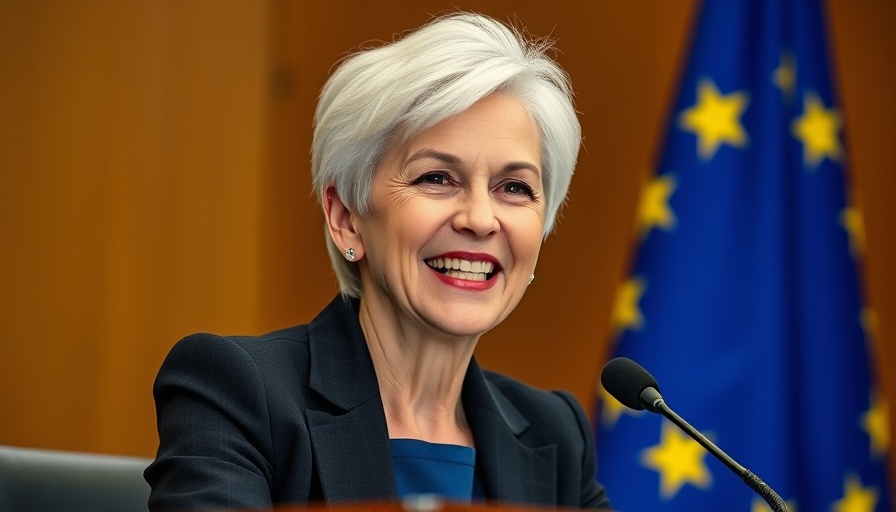
Understanding Global Challenges: ECB President's Insights
In a recent statement at the International Monetary and Financial Committee (IMFC) meeting, President of the European Central Bank (ECB) Christine Lagarde addressed the shifting global economic landscape. She highlighted how changes in trade dynamics, marked by increasing tariffs and trade tensions, pose significant challenges to the worldwide economy. This has led to a rise in policy uncertainty, which could hinder investments crucial for growth.
Trade Tensions and Economic Growth
Lagarde explained that global growth is expected to persist at a modest pace, but various risks are now amplified. Trade protectionism—a focus on shielding local industries from foreign competition—threatens to disrupt established global value chains, which have fueled economic prosperity for many years. By raising tariffs, countries may unintentionally stifle their own economic growth while also affecting international partners.
The Impact of Inflation on Daily Life
Inflation remains a pressing issue, and Lagarde forecasts a gradual decline in inflation rates across advanced economies. Still, fluctuations in tariffs can create uncertainty around import prices and influence currency exchanges, complicating the inflation outlook. These dynamics can require sharp adjustments in personal budgets for families, impacting their spending power directly. Understanding this link helps us better appreciate the far-reaching effects policy decisions can have on everyday life.
Navigating Monetary Policy in Uncertain Times
Recently, the ECB responded to these challenges by lowering interest rates, aiming to stabilize inflation around a target of 2 percent. Lagarde emphasizes that the council will be keenly data-dependent and will adjust policies accordingly, reflecting a responsive approach rather than a fixed path forward. This highlights the significance of ongoing assessment in uncertain economic climates.
Looking Ahead: Opportunities Amidst Challenges
As we navigate these uncertain economic waters, it’s essential to remain optimistic. Understanding the intricate links between global policies and personal finances empowers citizens to engage in discussions about their countries' economic strategies. Moreover, this knowledge sparks curiosity about how the future landscape will evolve, potentially creating new opportunities even amid challenges.
In conclusion, keeping track of developments from influential entities like the ECB is vital. Through awareness, individuals can better understand the economic context behind rising prices or changing job markets and advocate effectively for their interests.
 Add Row
Add Row  Add
Add 




Write A Comment